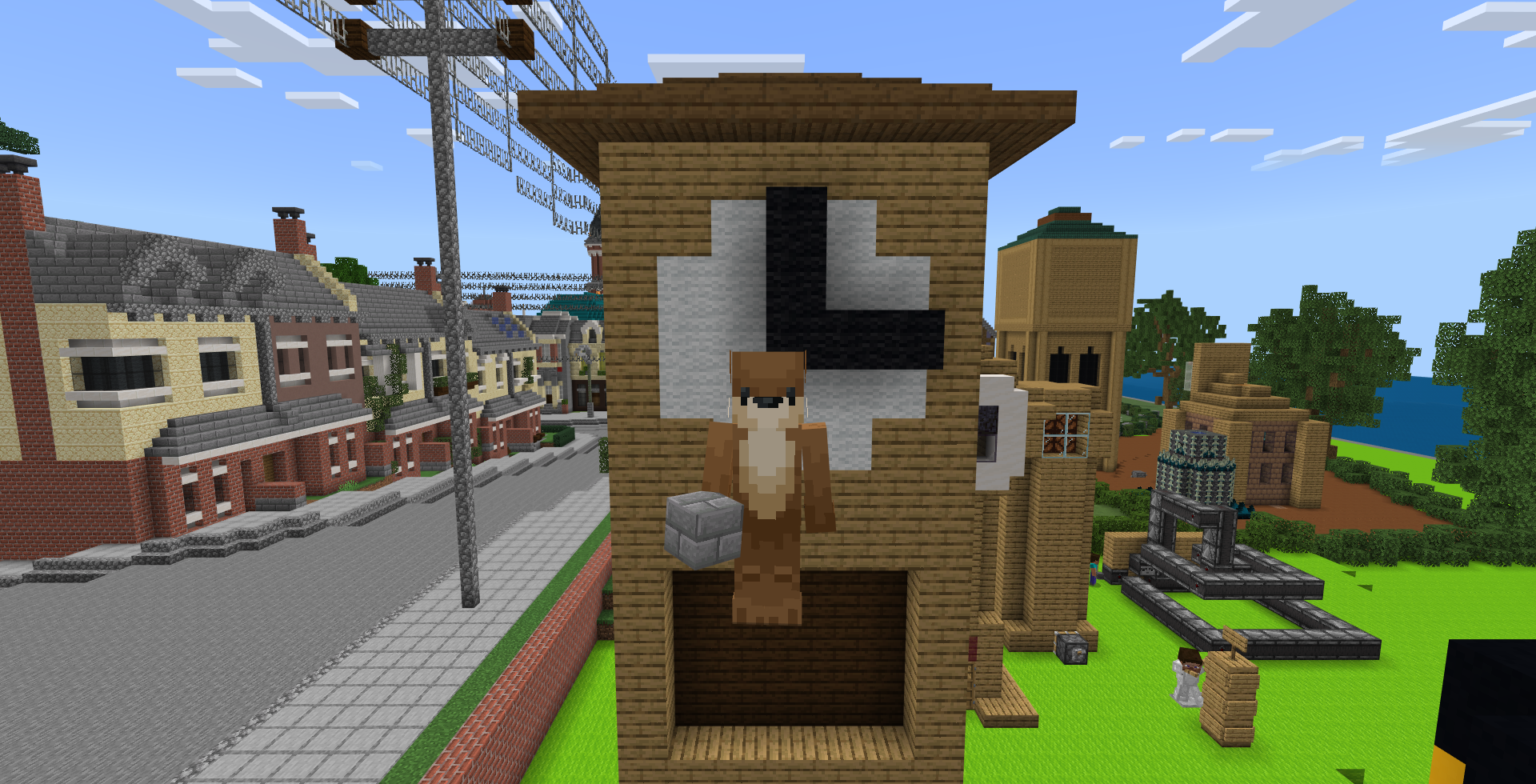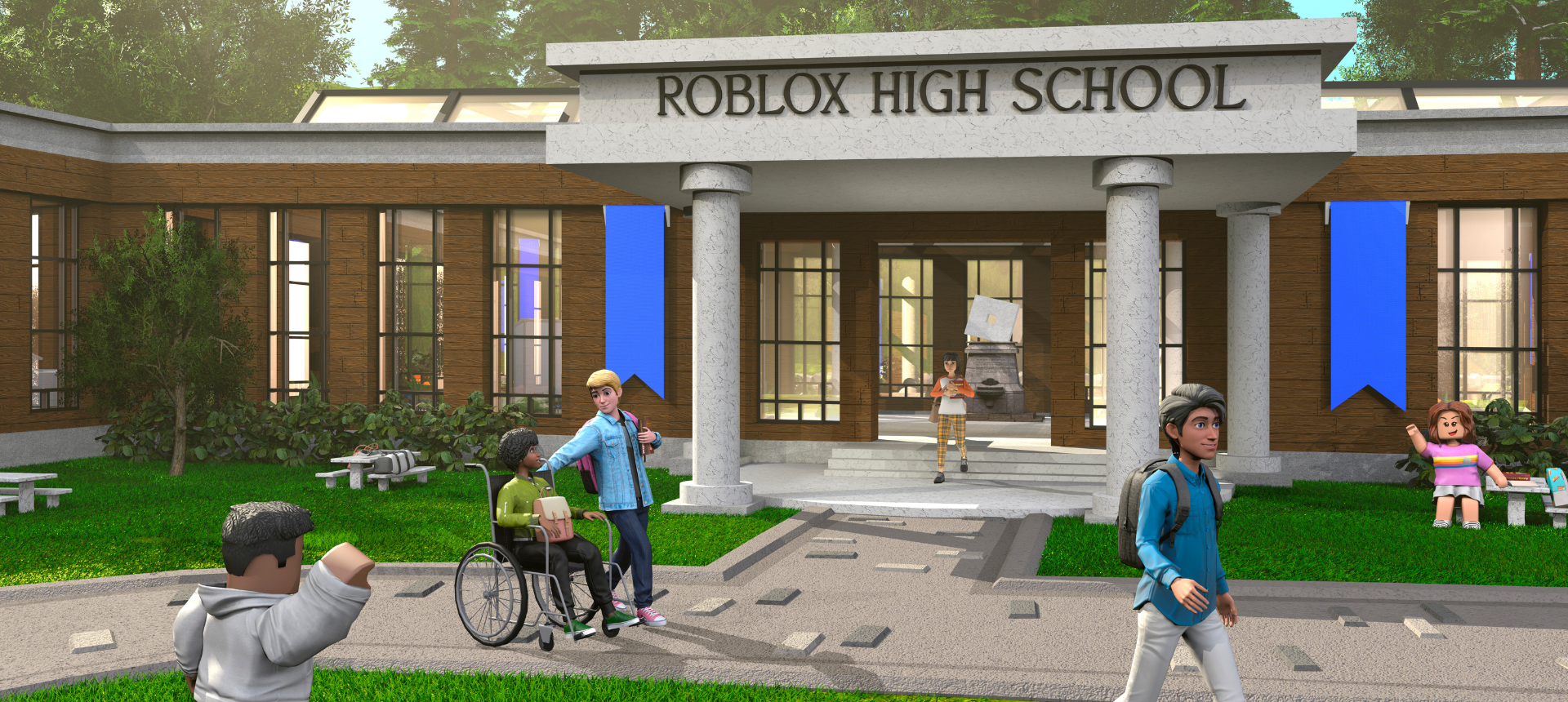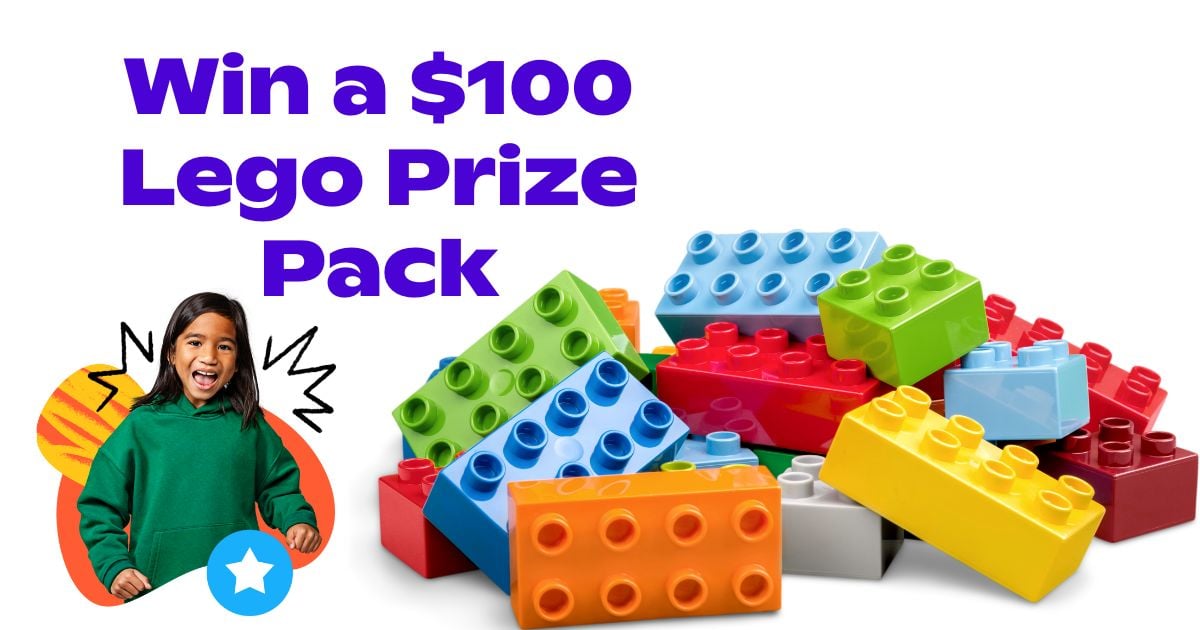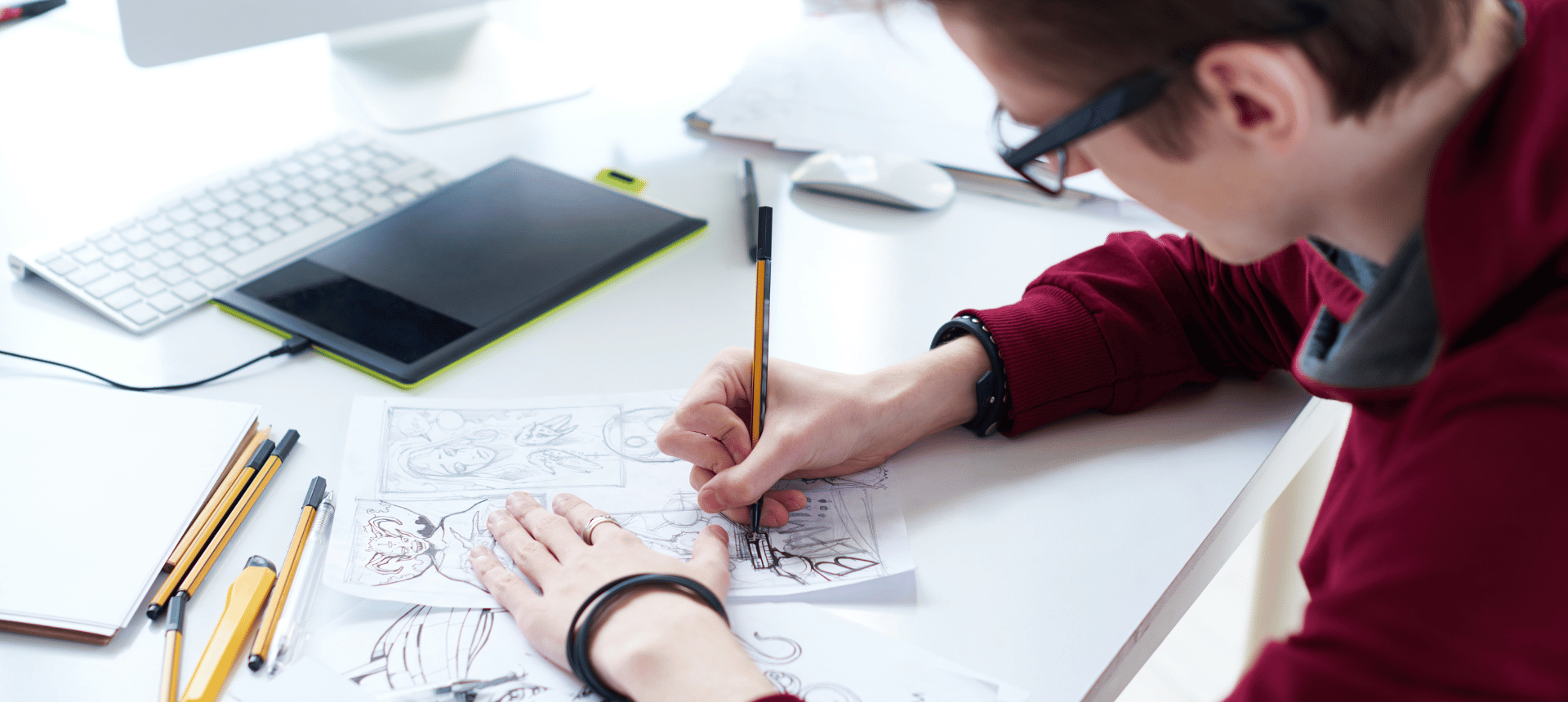Minecraft is one of the largest and most popular video games in the world. Played by almost 172 million players each month, it is definitely here to stay. So the question is, are there any educational benefits to playing Minecraft for your child? Let's look at 3 top reasons why Minecraft can be a powerful tool to utilise for your child's education.
If your children are anything like mine, Minecraft has become a huge part of their lives. To some extent, we've exchanged time spent creating masterpieces with craft materials and time outside in nature with time on devices playing Minecraft.
However, I have to admit that my children have benefitted hugely from playing Minecraft. It has helped to build stronger relationships between my husband and my children as they learned to play it together, and I have also observed the educational value of it. Here are the top three ways I see it as having educational value.
Developing 21st century skills
One of the main areas I feel that children benefit from playing Minecraft is the way in which it helps them to develop some really important skills they will need in life. Through building different construction projects individually or with others, playing in survival mode and also being part of a community in their Minecraft classes on Outschool, my 11 year old has definitely improved their core executive functioning skills.
Having a powerful tool where they can work on project planning, seeing something through to completion, practice problem solving, critical thinking and being able to overcome challenges, as well as managing and finding resources and needing to employ organisation skills are all high up on my list as to why I have had a bit of a U-turn on my opinions about Minecraft becoming another seemingly permanent family member in our house.
Whereas Sir Ken Robinson boldly stated that schools kill creativity, I have found that Minecraft engages a child's curiosity, creativity and imagination in such a way that their artistic flair can really come into its own. A child who lacks confidence can boost it through working on a long-term construction project, and having the satisfaction after all of that hard work to see their creation built. There is also the having to deal with disappointment when something doesn't quite work out, and also where some might see griefing and arguments between players in a Minecraft world as a negative, it is also a great opportunity to develop conflict resolution and social responsibility skills, and the meaning of teamwork and community.
Developing academic skills & knowledge
I have reluctant writers. Writing anything used to be such a chore for them, but slowly I have noticed that they have started typing to each other in the in-game chat, creating journals or writing stories for each other using the book and quill item, leaving messages on signs around the Minecraft world and renaming items and creatures (aka mobs) using anvils and name tags. Their confidence in writing on paper (and whiteboards - good reluctant writer tip!) has also exploded recently too.
Writing is definitely not the only academic benefit that can be gained from Minecraft. There are the map reading skills children develop from using in-game coordinates to navigate to different places, invite other players to join them where they are and to travel the Minecraft world. Players can use locator maps which have arrows where you are and where you are facing, and also where other people are, which can be used to work out if you are going in the right direction. You can find treasure maps to find hidden in-world treasure. Using the cartography table, you can also make your own maps to mark where things are, and also to rename, copy and expand maps.
When crafting items, maths and algebra come into play as they need to work out how many components they need to create an item. Here is an example of how you make a clock. 4 gold ingots plus redstone dust are needed to make a clock. I am no mathematician, it is quite literally one of my worst subjects, but I get the algebra. 4a+b=c. Mind blown.
It's not just algebra. When you're constructing anything in Minecraft, you have to work out the area, volume, and capacity of what you're making. You need to know how many blocks you will need, develop complex shapes and tackle some tricky geometrical problems. One maths teacher in the US also witnessed the power of Minecraft on developing maths and other skills:
“I was teaching third grade that year in inner-city Los Angeles and was determined to teach math with Minecraft. I was glad I did. Over a span of six months, my class’s benchmark test scores shot up from 18 percent to 84 percent in math and from 24 percent to 81 percent in English.”
As an Outschool teacher, I have loved seeing my learners love learning about animal classification, geography, conservation and art through learning about the very popular axolotl mob in Minecraft and in real life, and science, social studies and coding using command blocks are just some of the other subjects that can also be learned within and because of Minecraft.
Absorbing information & learning faster
When someone is completely absorbed in what they are doing and in a state of concentration, information can be absorbed and internalised. We can see that happening in Minecraft too. I was so proud when my children was able to identify rocks and rock formations at the Museum on the weekend. I had though it cam from all the other museum visits we may have had and discussion but alas it was from minecraft. He could read the name of the stone and know exactly what the elements and minerals were needed to create it because he had created is in minecraft before.
This is why using Minecraft (and other video games, but Minecraft wins here in my book) to teach subjects that can be normally difficult, boring or complex can be so powerful. In 2016, the Musuem of London announced that they had chosen to create a unique and immersive virtual experience, using Minecraft, to mark the 350th anniversary of the Great Fire of London. You can walk down the 17th century streets, interact with people there, firefight the flames and rebuild their own version of London, all while learning about this very important part of UK history.
So what do you think? Head over to our Australian Families group on Facebook and share your thoughts on using Minecraft in education.










